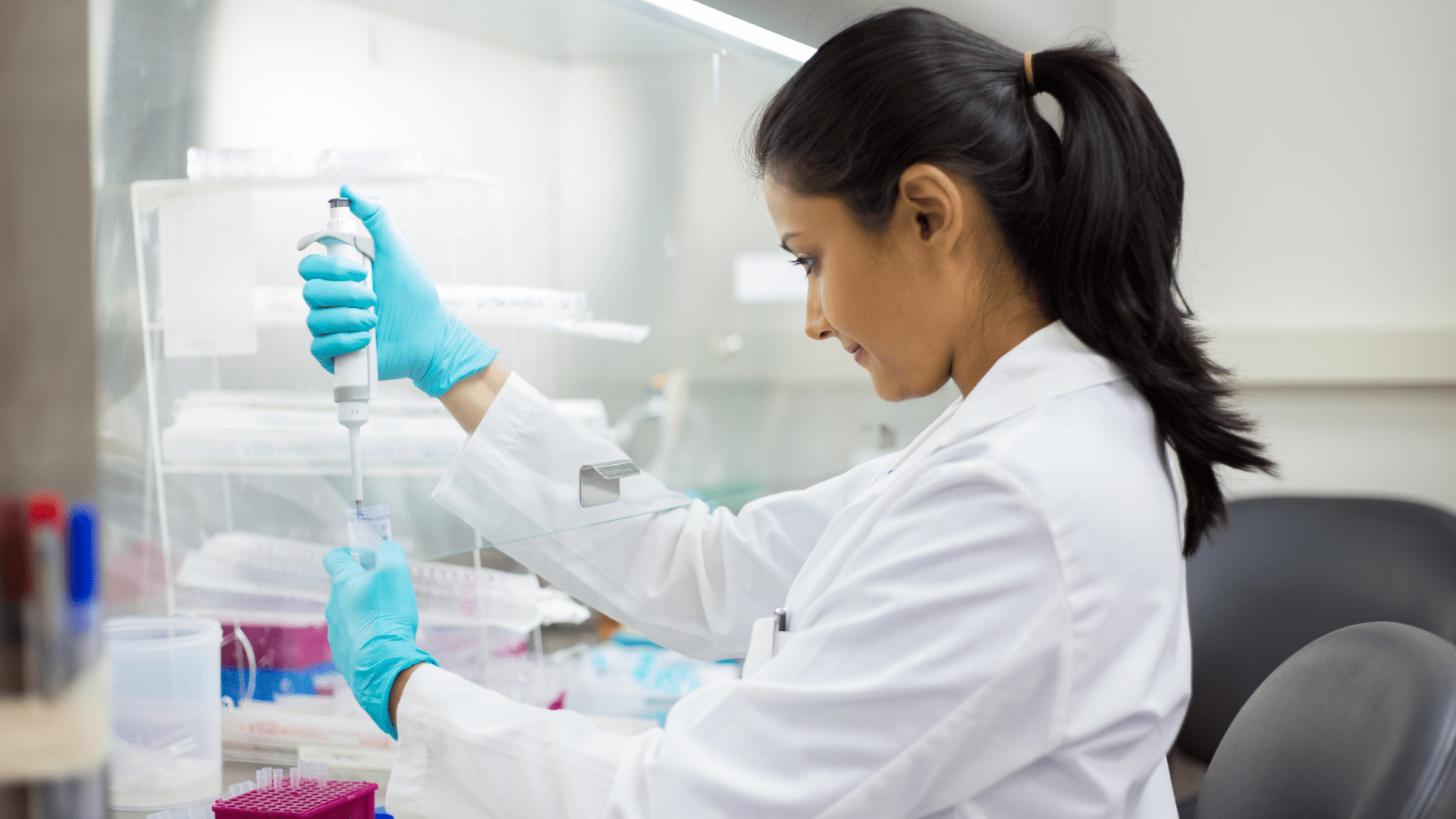
28 Apr Technical-scientific translation: the importance of accuracy in the testing process
If you are a researcher or work in the scientific field, you know how important accuracy is. In some cases, even a missing comma could jeopardize the results of months of work. In today’s article, we will illustrate the peculiarities of technical-scientific translation, focusing on the importance of accuracy.
You may have heard of scientific experiments. Often used to study and test hypotheses about the nature of the world, a scientific experiment creates controlled conditions that are manipulated to produce measurable and repeatable results to confirm or disprove an initial theory.
Typically, a scientific experiment involves establishing a control group and a treatment group (representing the independent variable being tested). Data is collected from both groups, and the results obtained are then analyzed to determine whether a relationship exists between the independent and dependent variable.
Throughout history, scientific experiments have discovered or disproved important theories and achieved unprecedented milestones. Think, for example, of the experiment that led to the “birth” of Dolly the sheep, the first cloned mammal in history.
In scientific research, the accuracy of data and information is essential to ensure that results are valid, understandable, and reproducible. A transcription or translation error could lead to incorrect conclusions and wrong theories. For example, a measurement error could affect the correct understanding of the observed data and phenomena by either overestimating or underestimating the expected result.
At Creative Words, we understand the importance of accuracy in scientific translations. For years, we have been working with experts and professionals in the field to ensure the highest quality. In today’s article, we will focus specifically on the importance of accuracy in technical-scientific translation.
What is technical-scientific translation?
It deals with specialized technical and scientific texts. In order to guarantee the highest quality of the translated text, it is essential to have a thorough knowledge of the specific language of the discipline, perfectly understanding the underlying concepts and theories.
Technical and scientific translation is used in practice in many areas, such as engineering, medicine, biotechnology, physics, computer science, chemistry, energy, and many other scientific and technological disciplines.
Peculiarities of translation for experiments
Very often, technical-scientific translations deal with information related to an experiment or research. Naturally, the specific language used in the research field must be understood and translated correctly.
Technical-scientific translation is essential for research and experiments for several reasons:
- Communication between team members: Studies often involve a team of researchers from different languages and cultures. Accurate translation of scientific and technical information is crucial to ensure effective communication between all team members, so everyone can understand the experimental protocol and results.
 Information sharing: Experiments also involve the sharing of information between experts from different parts of the world. Accurate scientific-technical translation is necessary so that information is understood correctly and results can be reproduced by other researchers.
Information sharing: Experiments also involve the sharing of information between experts from different parts of the world. Accurate scientific-technical translation is necessary so that information is understood correctly and results can be reproduced by other researchers.- Avoiding errors: Experiments could have serious consequences if there are errors in interpretation or translation. For example, an error in translating the instructions of an experimental protocol could lead to a misinterpretation of the test and its results, compromising its validity.
- Safety: Particularly in medical and biotechnological research, mistranslating the dosing or administration instructions of a drug could put the patient’s health at risk. Consequently, scientific and technical information must be translated as accurately as possible to ensure the safety of patients and healthcare professionals.
Characteristics to consider
Having established the importance and areas of use of technical-scientific translation, we now outline some of the characteristics that a translator should be able to guarantee to provide a quality translation:
- Knowledge of specialized terminology: A professional translator should have a thorough knowledge of the technical and scientific terminology specific to the field of research for which they are translating.
- Knowledge of linguistic conventions: The linguistic conventions specific to the field of specialization must be known (and used). For example, the language used in scientific documentation is often formal, technical, and precise, with a clear and well-organized structure.
- Research skills: The translator should have the ability to search for information on specific technical terms and scientific concepts that may be unfamiliar. This may mean consulting technical dictionaries, scientific publications, expert forums, and other sources of information.
- Accurate proofreading: Once the translation is complete, the document must be proofread to ensure accuracy and consistency with the original text, as well as the absence of translation or typing errors.
The possible problems of an inaccurate scientific-technical translation
Now that we understand the various steps and peculiarities of technical-scientific translation, let’s focus on the possible errors. What could be the complications caused by an incorrect or inaccurate translation?
- Dosage errors: An incorrect translation of a drug’s dosage instructions could lead to overdosing or underdosing, compromising the efficacy of the treatment and experiment and potentially putting the patient’s health at risk.
- Interpretation errors: Incorrectly or inaccurately translating the instructions of an experimental protocol could lead to misinterpretation of the test and its results, with a significant impact on the validity of the experiment and the ability to replicate its results.
- Lack of uniformity: Inconsistent translations of technical terms could also make it difficult to understand scientific information, leading to confusion and misinterpretation.
- Technical errors: Technical and specific terminology often has a very precise meaning, which should be translated (where possible) with the same technicality or with a clear explanation in the foreign language. An inaccurate translation could lead to an incorrect understanding of scientific concepts and data.
Creative Words is an ISO-Certified Translation Agency that has been working for years with specialized mother-tongue professionals to offer precise and accurate translations. If you need to translate technical or scientific documents, please contact us without obligation: we will be happy to find the best solution for you.


 Information sharing
Information sharing


